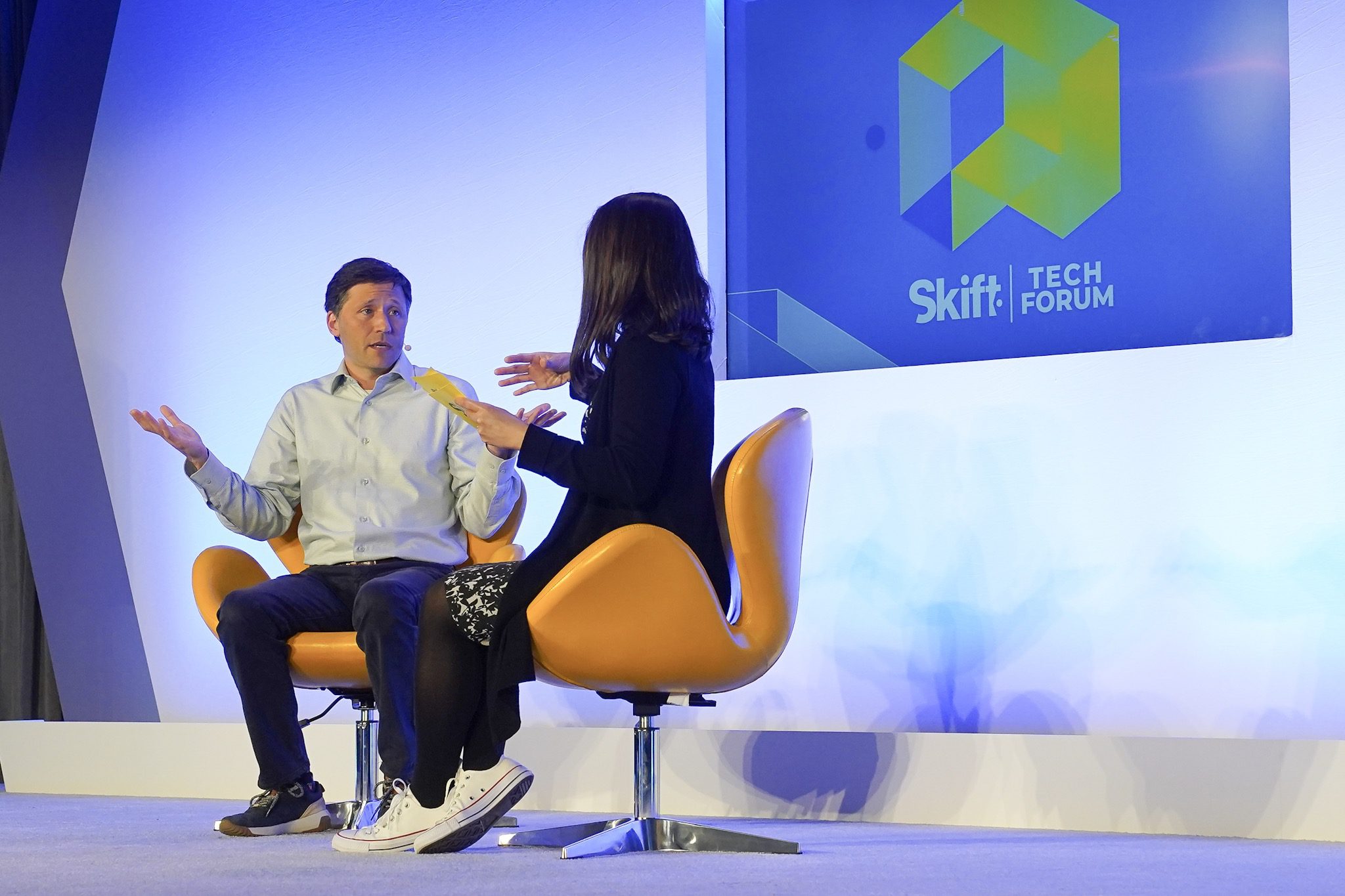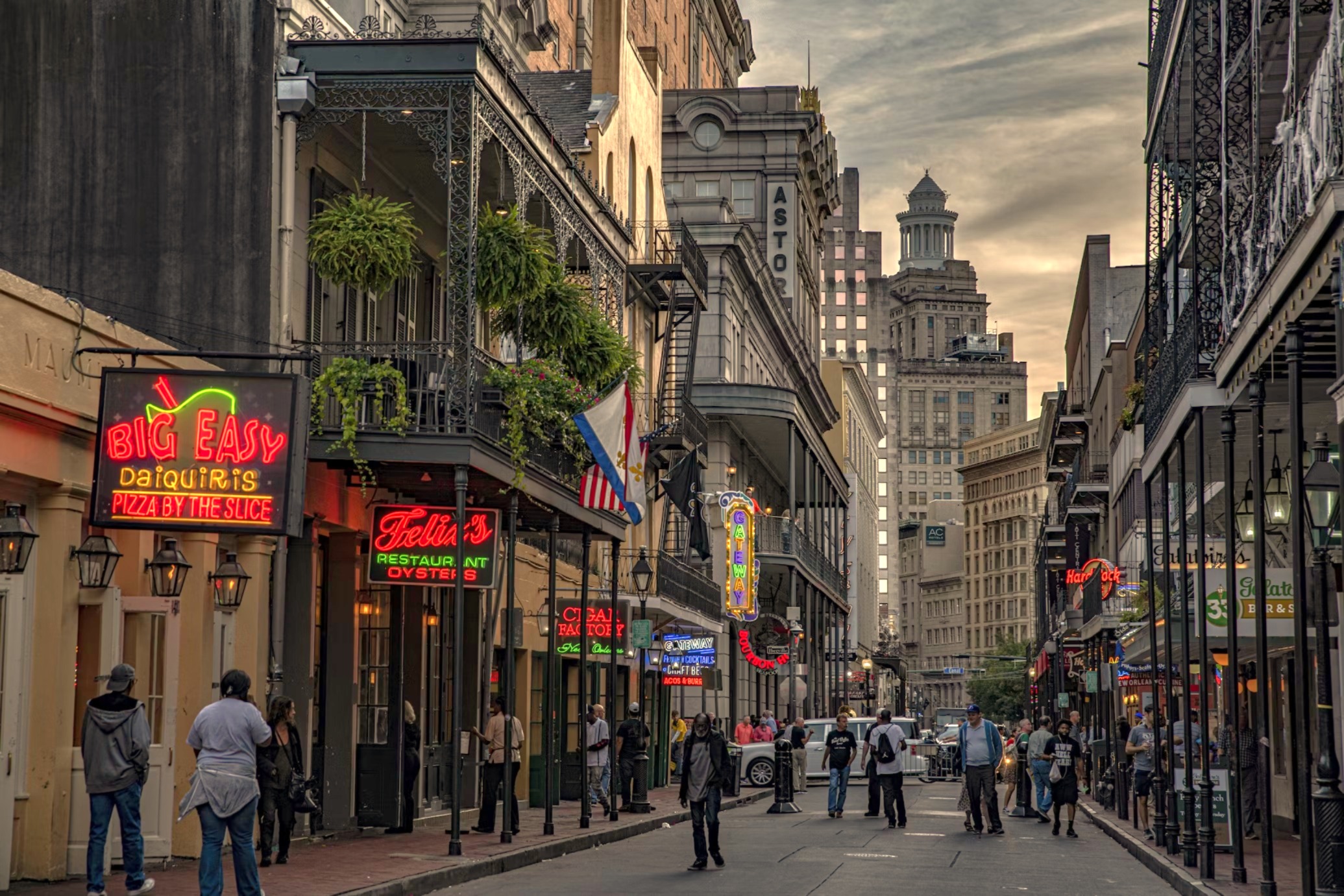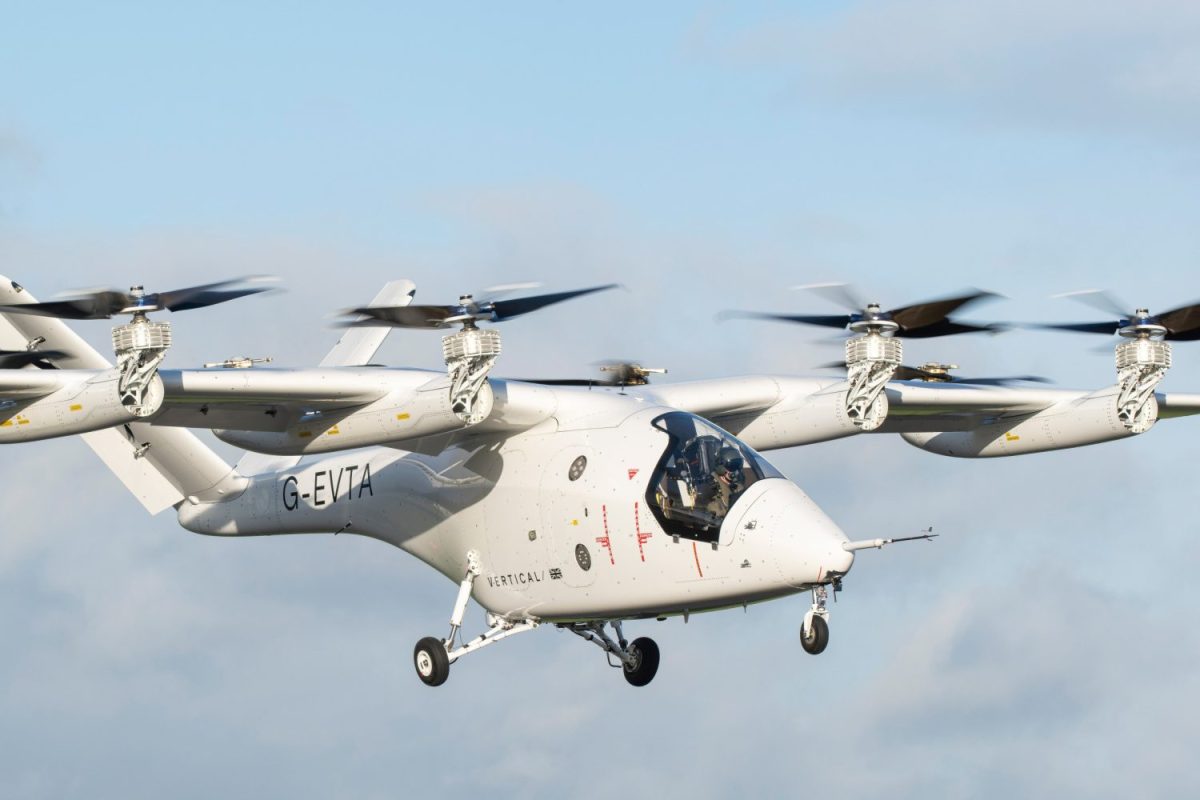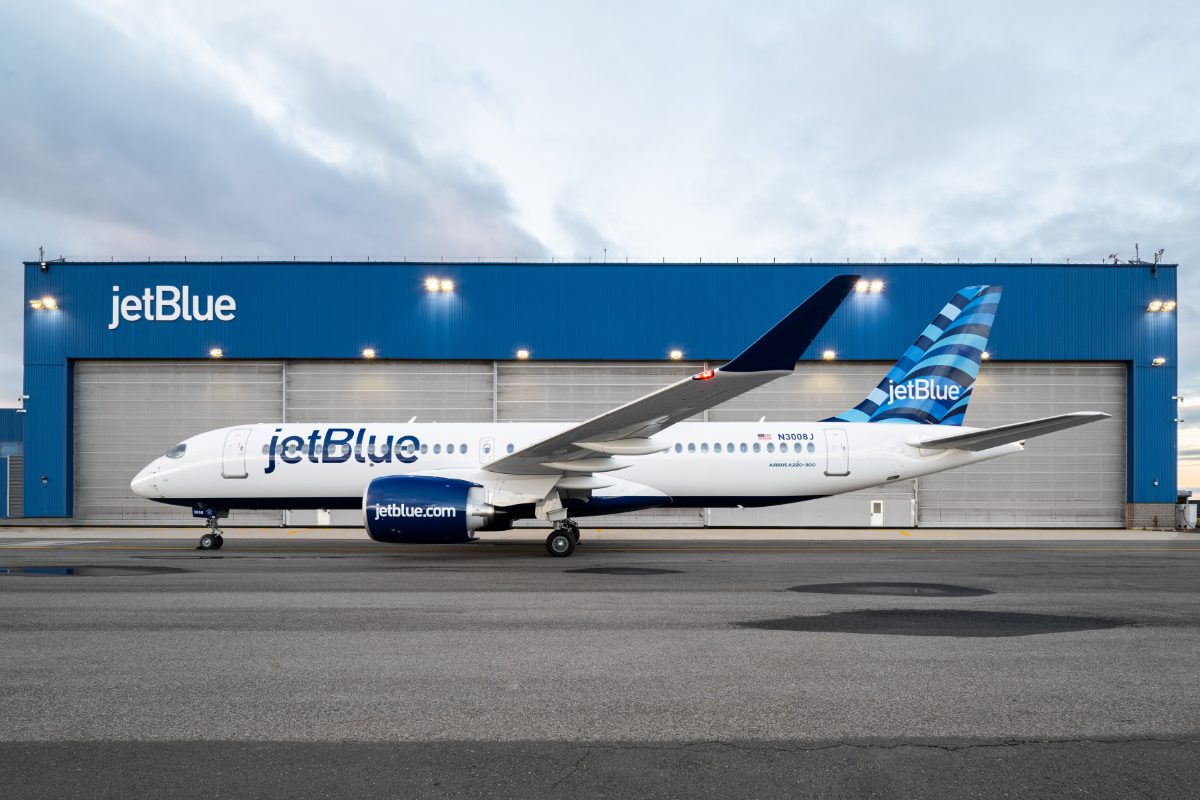Uber Says Driverless Cars Can Only Happen in Lockstep With Regulators

Skift Take
Eric Meyhofer, the head of Uber's advanced technology group, dispelled any notion on Thursday that driverless cars are a pipe dream or laughable relics from an old Jetsons cartoon.
Speaking at Skift Tech Forum in San Francisco, the executive made it clear the company, known now for ridesharing, is moving forward with driverless, and even flying, car services. He's built a team of 1,300 people at Uber over the past few years dedicated to the task. "We have a really phenomenal future in front of us... at Uber scale," Meyhofer said.
But he emphasized the rollout was in a "hybrid" phase, and that its progress to being a commercially viable venture must be in lockstep with consumers and regulators. “What we don’t want to do is build something that scares regulators or people. We want them to come along on the journey with us."
The challenge will be making people really believe it will make their lives better, but they must be educated properly for that to happen, Meyhofer said. "It's about getting people to understand how the technology works." But he claims Uber is patient.
He added: "We truly are taking the long view." So is the technology, he quipped. "The robots don't care."
Meyhofer did reveal that Uber's partner of four years on driverless cars, Volvo, has predicted 30 percent of its sales will be driverless cars by 2025. When asked if that can be achieved, Meyhofer said absolutely.
Driverless cars won't exist on scale at first, but maybe be used in 10 to 15 percent of cities, "the easy parts,"he pointed out.
On flying cars, Meyhofer said the big challenge versus the ridesharing is that a network already existed for ridesharing, whereas flying cars will need to start from scratch. He said Uber's foray into helicopter service was a start on that front.
In the end, the advantages of autonomous driving will become clear, Meyhofer said, from the reduction in car crash fatalities to seeing a better and cheaper way to get from point A to point B.




